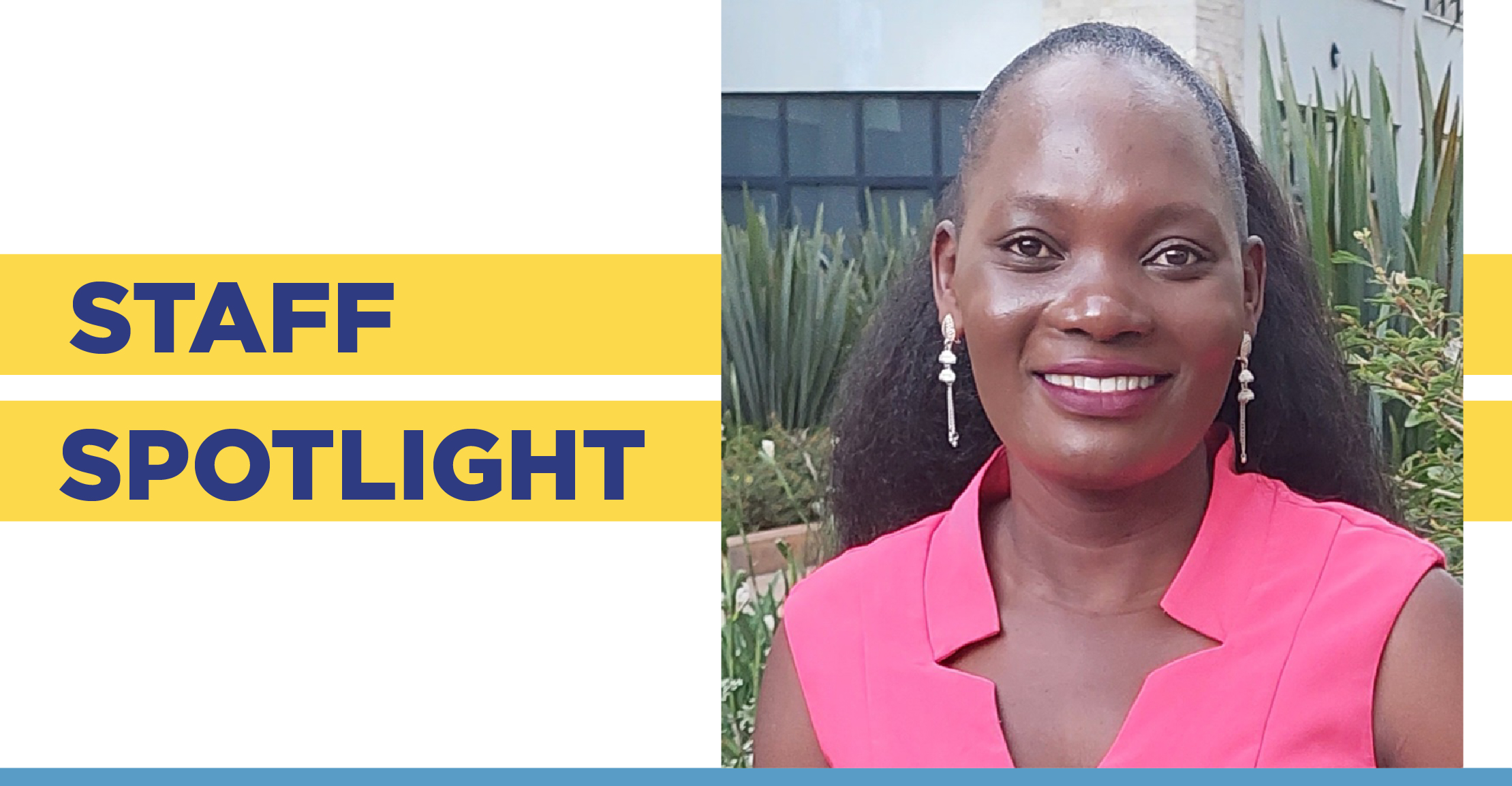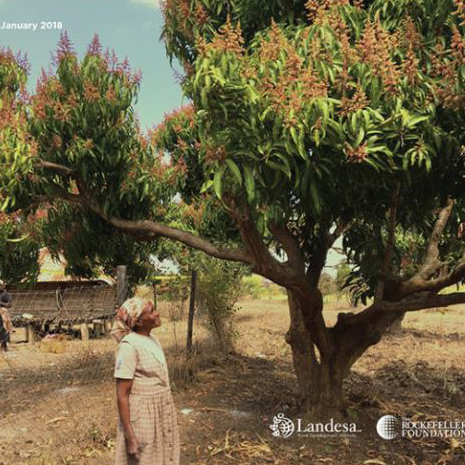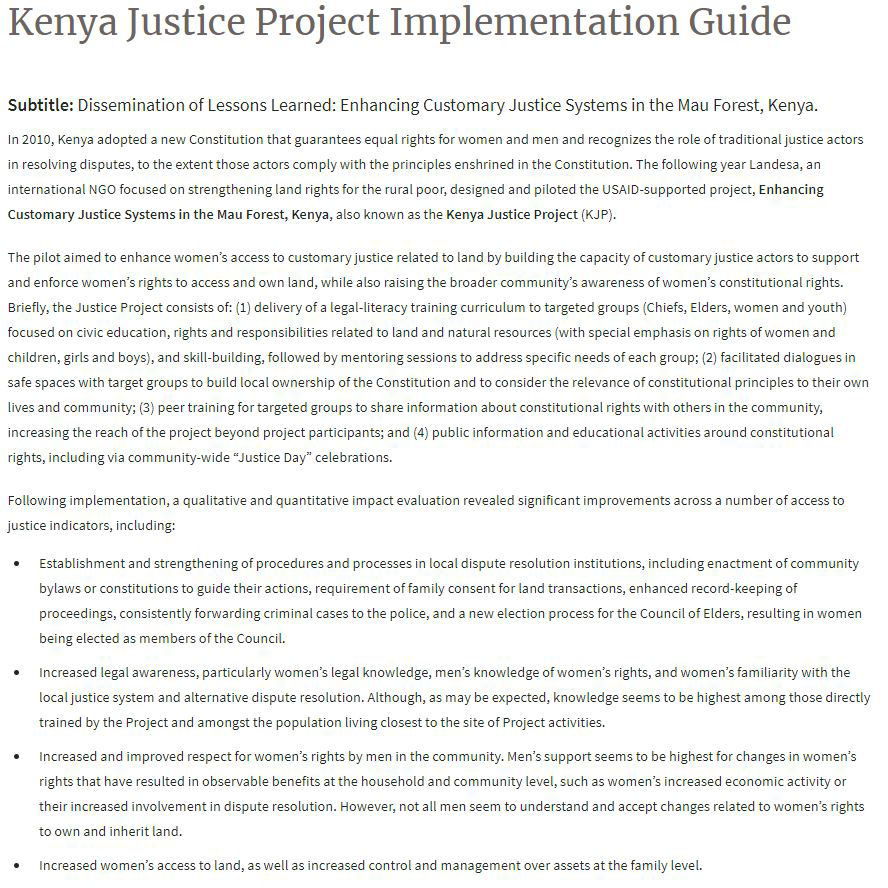Kenya
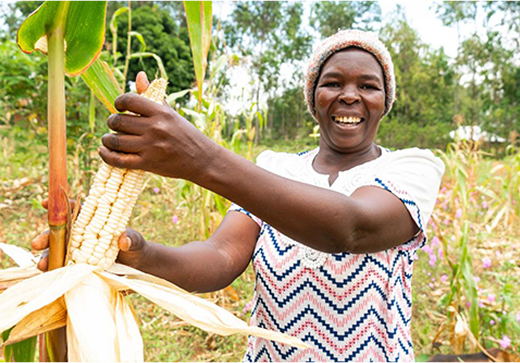
A resilient future for Kenya’s farmers and pastoralists.
Agriculture accounts for a third of Kenya’s national economy, and almost three quarters of Kenyans depend on farming for their livelihoods. Without secure land rights, Kenya’s smallholder farmers—many of whom are women—remain stuck in a cycle of low crop yields, food insecurity, and poverty.
The Constitution of Kenya avows gender equality in land rights. Yet many Kenyan women lack secure land rights and are often left to access land through their male relatives. Barriers include deep social and cultural norms that deny women and girls land ownership, access to legal information on land rights, support for land disputes, and access to land administration services. Landesa supports the Government of Kenya to accelerate implementation of the Community Land Act of 2016, enabling more communities to gain formal rights to their land.
For crop farming and pastoralism to thrive, it will require just and inclusive systems change—rooted in secure rights to land.
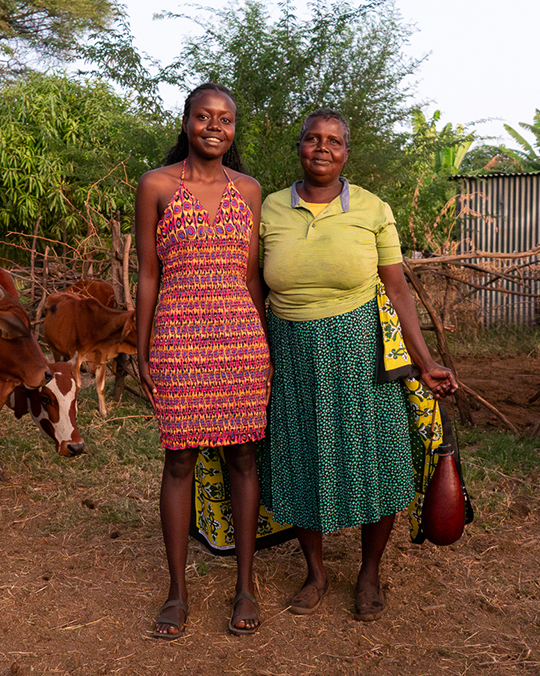
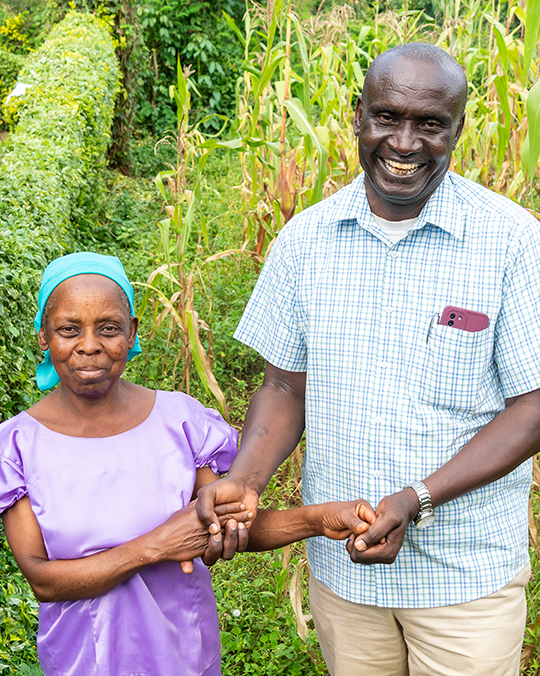
Our work
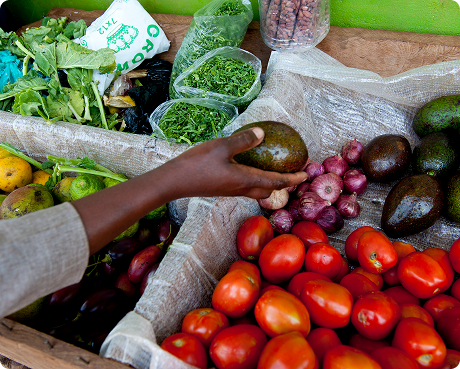
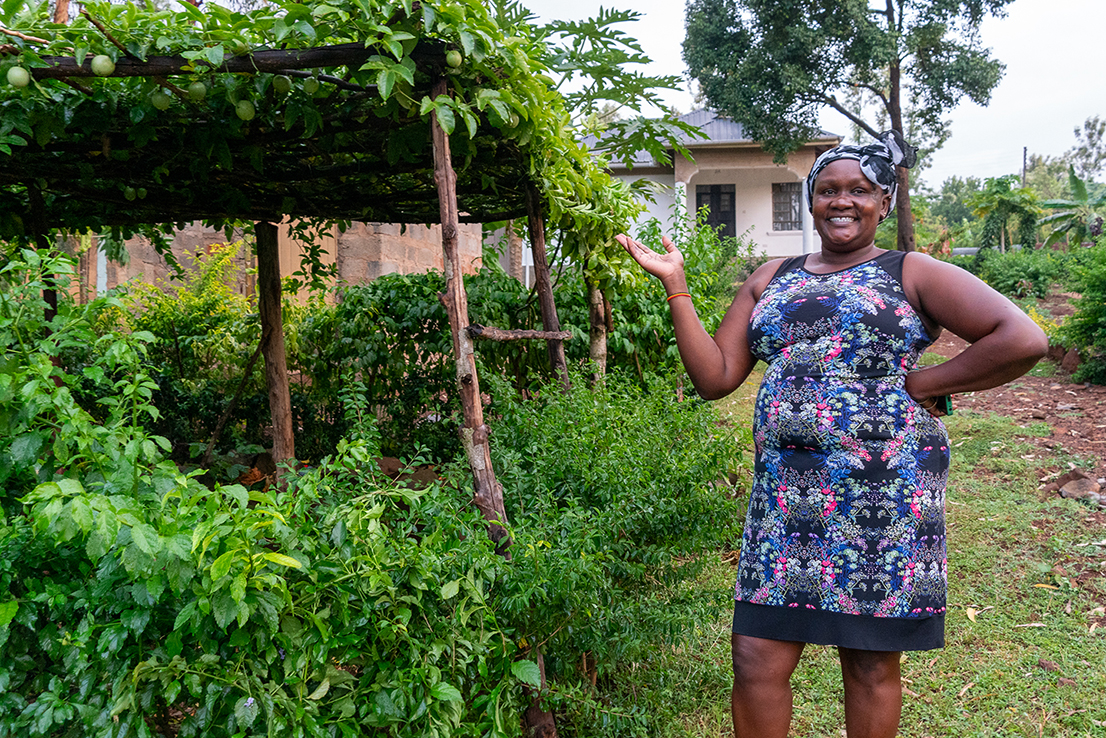
Agricultural Systems Change Initiative
Landesa is laying the foundation for millions of smallholder farmers to make long-term investments in their land, ultimately seeking to reduce extreme poverty, protect the environment, and shape a more gender-equitable future for Kenya. Implemented in partnership with One Acre Fund with funding support from Co-Impact, our project seeks to strengthen land rights for 670,000 households—more than 80 percent of which are led by women. Under the same partnership, this project is also being implemented in Rwanda in collaboration with the Ministry of Environment and the National Land Authority.
Legal Advocacy
In partnership with other organizations, Landesa convenes a national Multi-Stakeholder Platform to advance secure land rights for all Kenyans, including women, smallholder farmers and pastoralists, and Indigenous Peoples living on community land.
Land Governance
In western Kenya, Landesa builds the capacity of duty-bearers and paralegals around gender inclusive land rights to help families carry out formal land succession in an inclusive manner, ultimately influencing systemic change for women’s land rights.
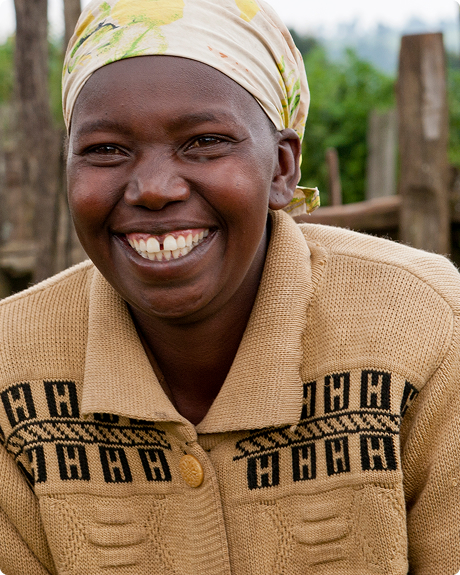
Kenya Justice Project
Landesa, in partnership with USAID, piloted a project in Kenya to educate women, tribal leaders, teachers, and youth about women’s new constitutional rights, particularly to family resources like land.
The community project led to reduced violence, greater economic empowerment for women, girls attending high school in unprecedented numbers, and women being elected to the council of elders for the first time. Landesa also published an Implementation Guide to help Kenyan organizations replicate the model.



